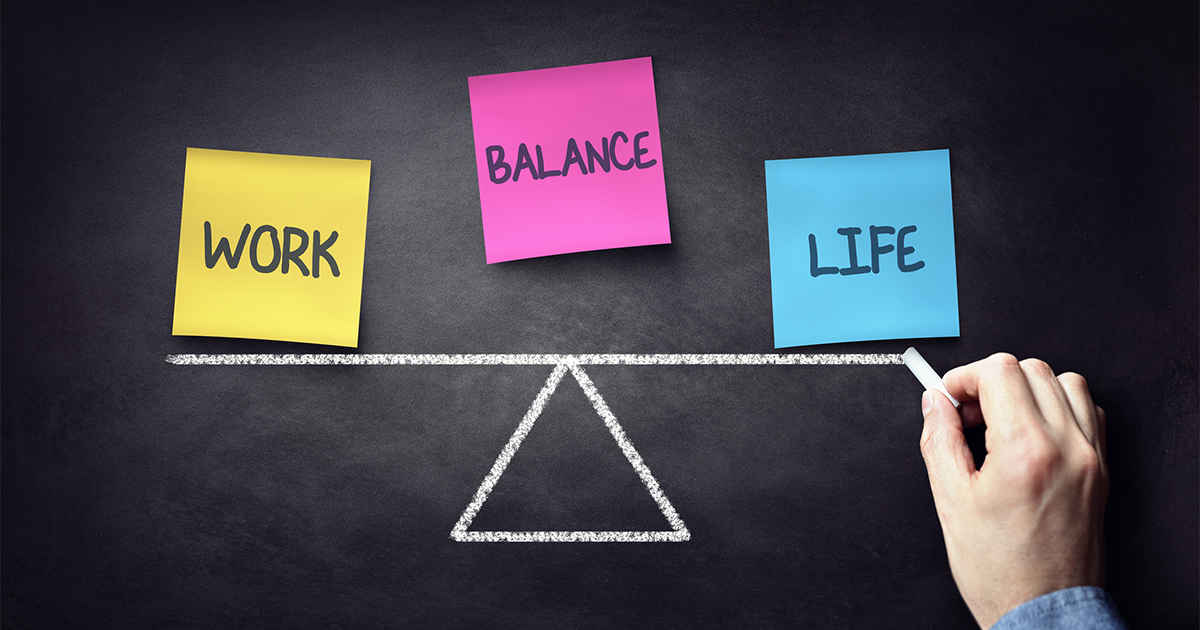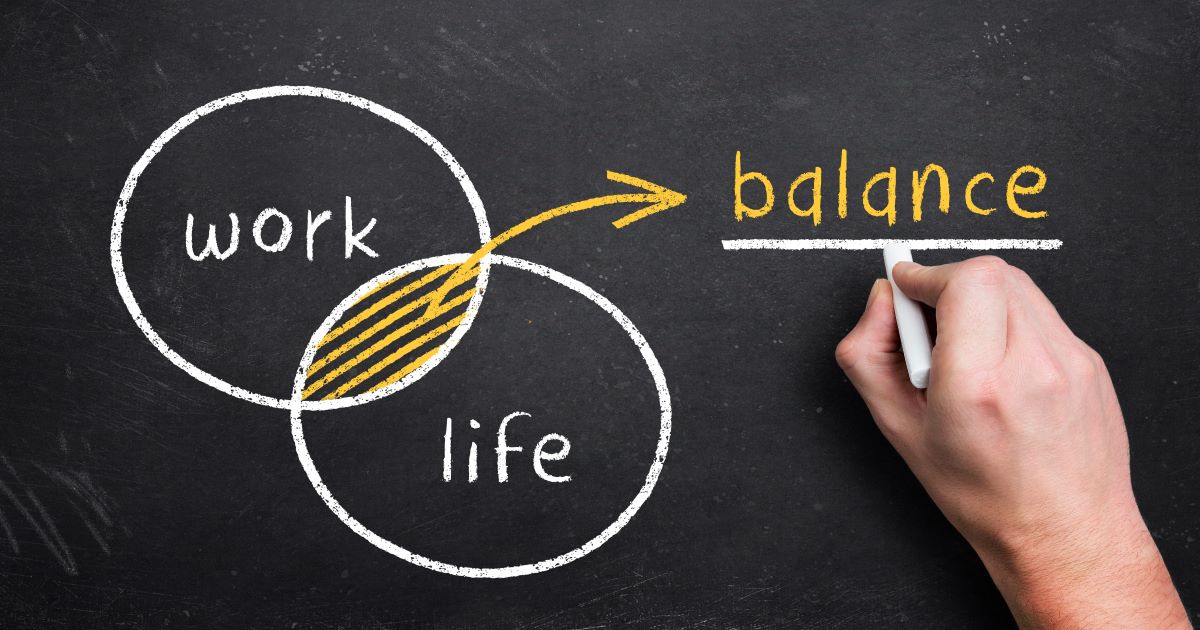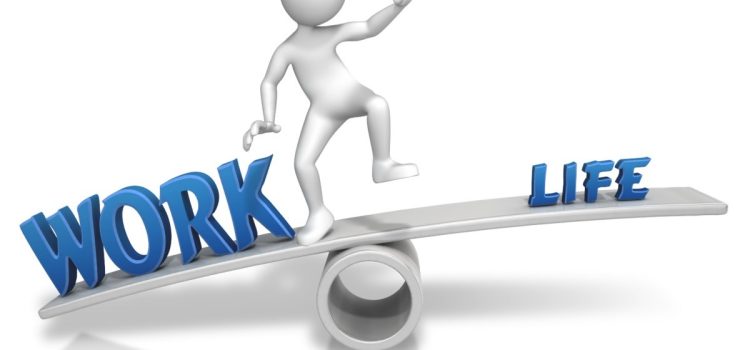
Work-life balance has become a aspect of modern living, reflecting the need to harmonize career demands with personal well-being. This article explores the evolution of work-life balance in contemporary lifestyles, highlighting the challenges and opportunities faced by individuals seeking harmony between work and leisure.
1. Understanding the Concept of Work-Life Balance:
Work-life balance denotes equilibrium between professional responsibilities and personal life activities. In modern lifestyles, achieving an optimal balance is essential for mental health, productivity, and overall satisfaction.
2. Historical Perspectives on Work-Life Balance:
The concept of work-life balance has roots dating back to the industrial revolution, when labor laws aimed to restrict excessive work hours. Over time, societal shifts and technological advancements have transformed perspectives on work-life harmony.
3. Impact of Digitalization on Work-Life Balance:
The digital age has revolutionized work patterns, blurring the lines between professional duties and personal time. Remote work, flexible schedules, and constant connectivity have altered traditional work-life boundaries.
4. Work-Life Balance Strategies:
Effective work-life balance strategies include time management, setting boundaries, prioritizing self-care, and fostering open communication with employers. Adopting healthy habits and establishing clear boundaries are essential components of maintaining equilibrium.

5. Work-Life Integration vs. Work-Life Balance:
While work-life balance emphasizes separation between work and personal life, work-life integration promotes a holistic approach in merging professional and personal priorities. Striking a balance between integration and separation is key for individual well-being.
6. Cultural Variances in Work-Life Balance:
Work-life balance ideals differ globally, influenced by cultural norms, societal expectations, and organizational practices. Understanding cultural nuances is crucial for tailoring work-life strategies that align with diverse lifestyles.
7. Mental Health and Work-Life Balance:
Mental well-being is closely linked to work-life balance, as prolonged work stress and poor boundaries can lead to burnout and anxiety. Prioritizing mental health through self-care practices and seeking support when needed is paramount.
8. Work-Life Balance in the Gig Economy:
The rise of the gig economy has redefined traditional employment structures, offering flexibility and autonomy to workers. Navigating work-life balance in the gig economy requires self-discipline, time management, and adapting to fluctuating workloads.
9. Employers’ Role in Supporting Work-Life Balance:
Employers play a crucial role in fostering work-life balance among employees by promoting flexible work arrangements, encouraging boundaries, and providing resources for well-being. A supportive workplace culture enhances productivity and employee satisfaction.
10. Striving for Sustainable Work-Life Harmony:
Achieving sustainable work-life harmony involves ongoing self-reflection, adapting to changing circumstances, and prioritizing values that enhance overall quality of life. Balancing professional ambitions with personal fulfillment is a continuous journey towards well-rounded living.

Conclusion: Embracing Work-Life Balance in Modern Lifestyles:
The evolution of work-life balance in modern lifestyles encapsulates a dynamic interplay of societal trends, technological advancements, and individual priorities. Nurturing work-life balance fosters a sense of fulfillment, resilience, and harmony in the midst of diverse responsibilities and aspirations. By embracing the principles of balance, integration, and self-care, individuals can navigate the complexities of modern living with grace and purpose, creating a sustainable framework for well-being and achievement.









